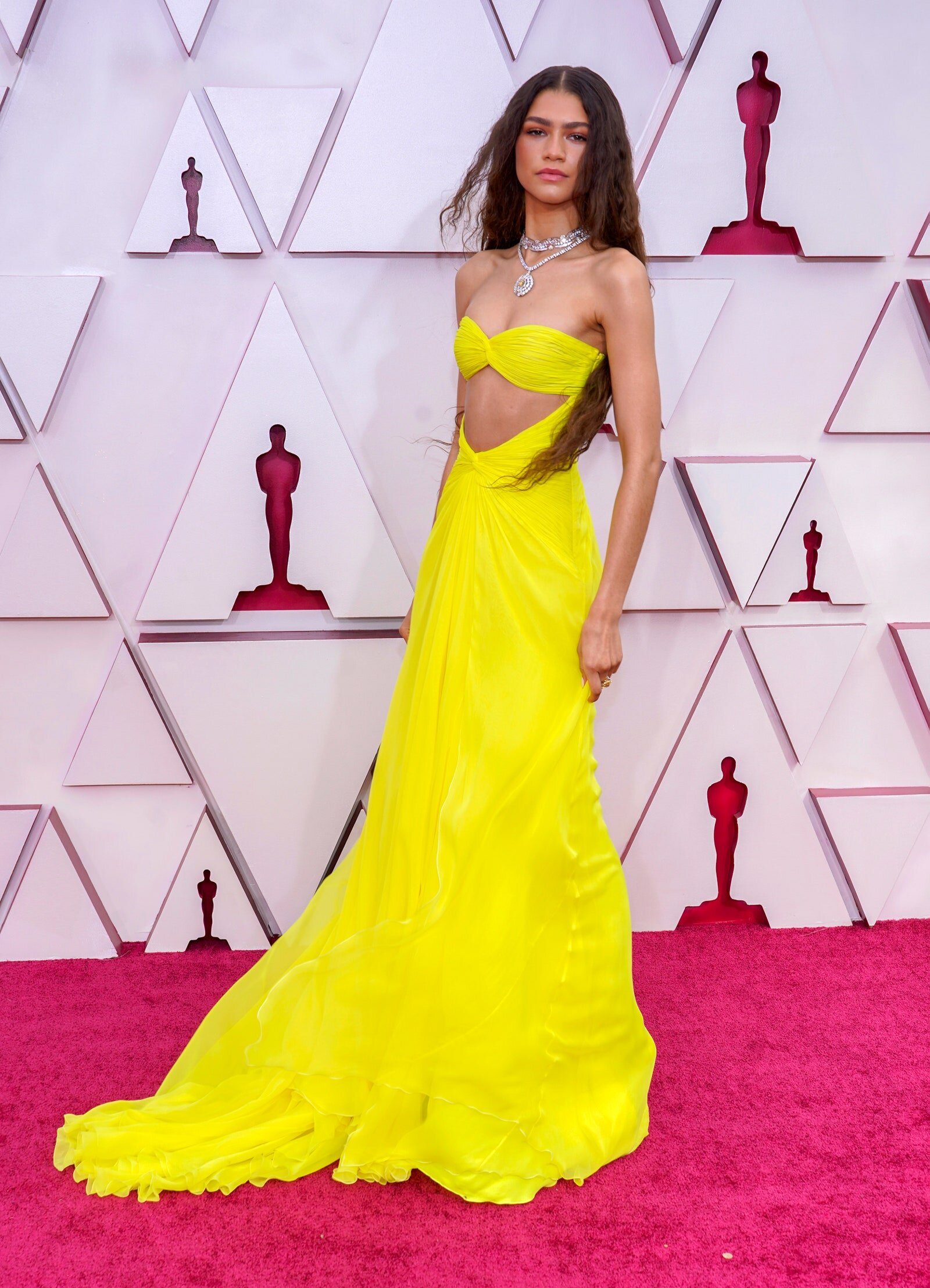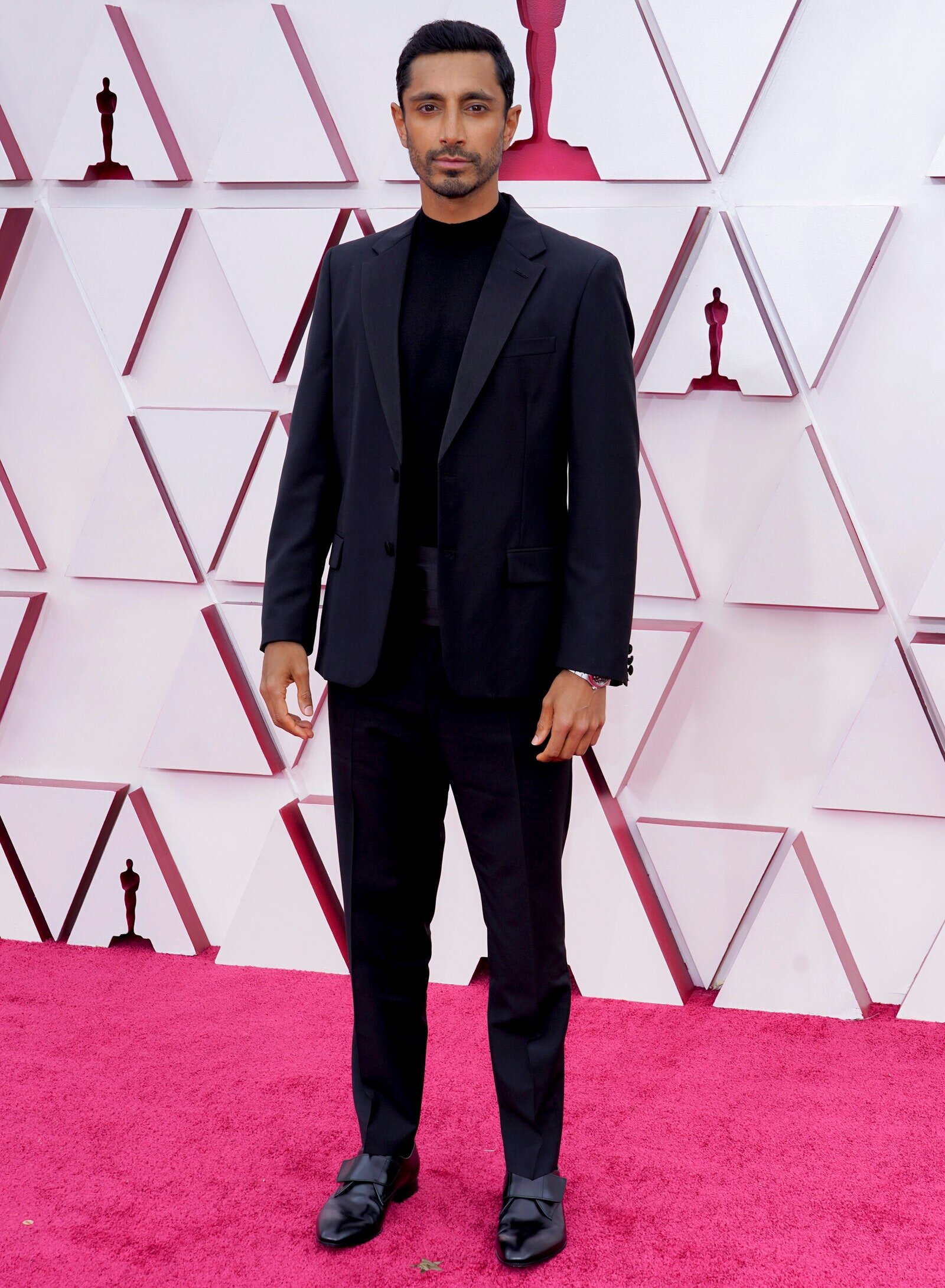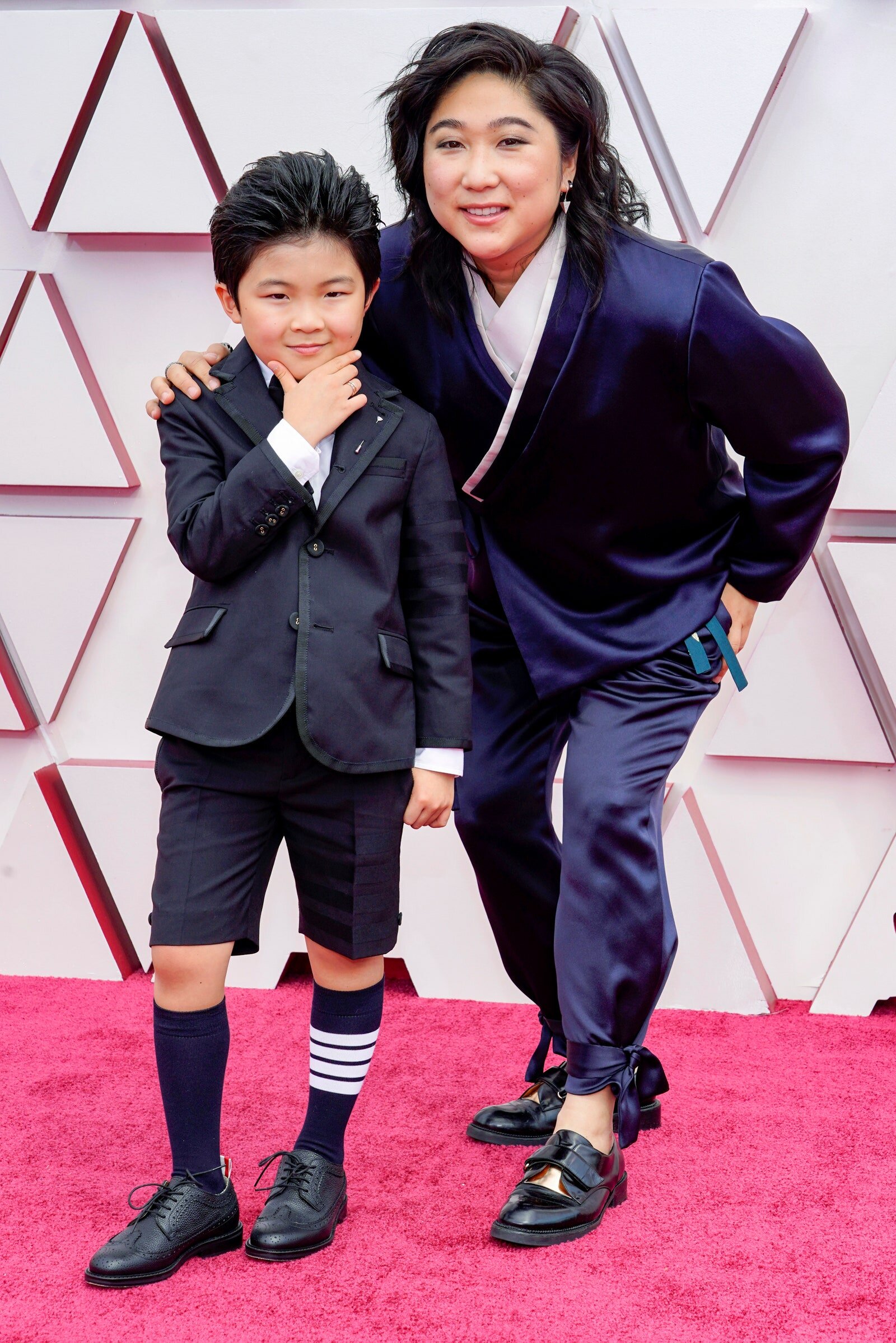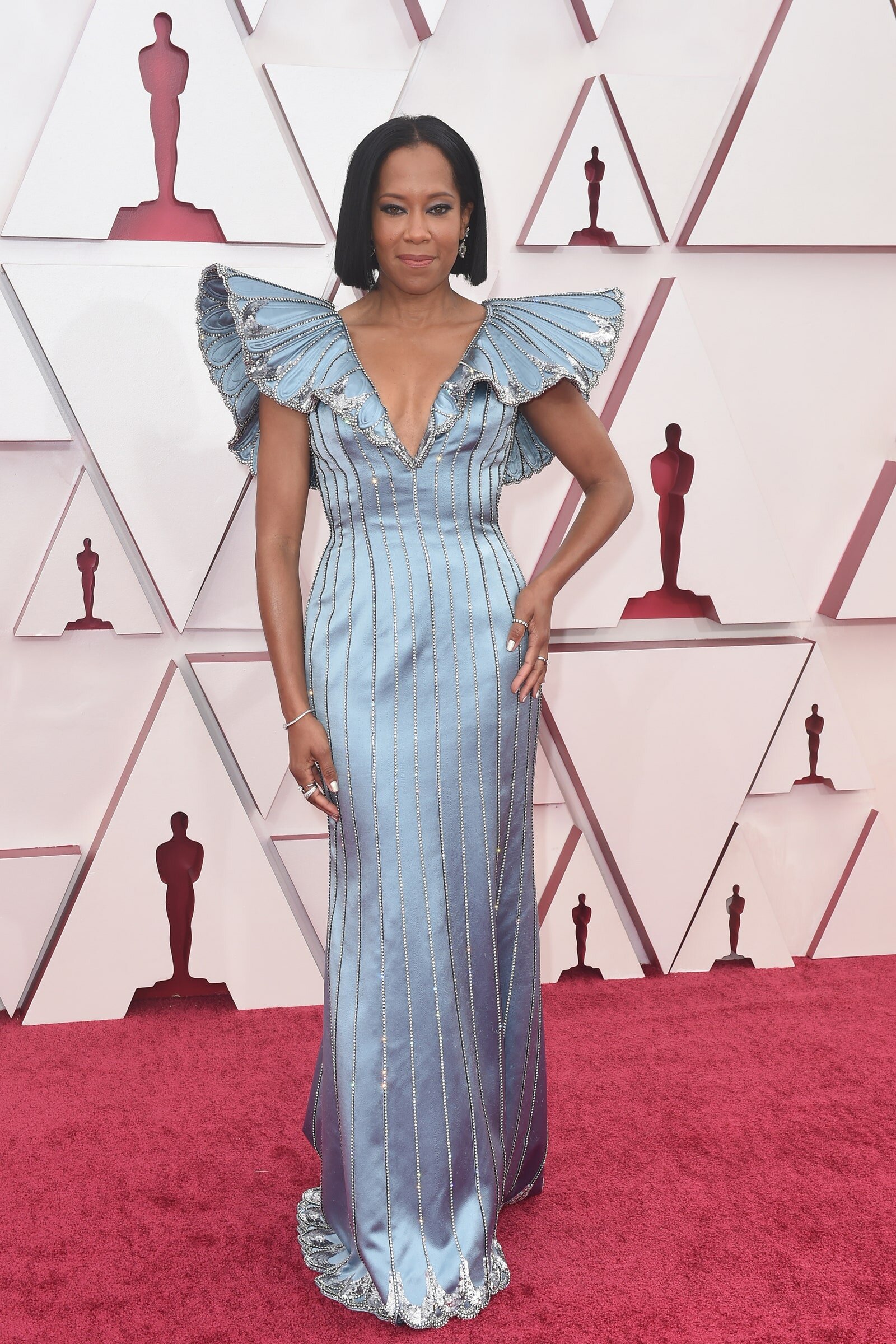The Oscars and Diversity: Breaking a Common Thread
Photo Courtesy of the Guardian Design Team
By Gabrielle W. ‘22
The 93rd Academy Awards, more widely known as the Oscars, was held on Sunday, April 25, 2021. Over the years, the Academy of Motion Picture Arts and Sciences has been criticized by its viewers numerous times for its lack of diversity in its ceremonies. In previous years, people have pointed out their “whiteness,” leading the Oscars to earn the trending hashtag #OscarsSoWhite in 2016 when only one of the twenty acting nominees was a person of color. The Oscars have since made monumental strides in the ceremony with nearly 50% of acting nominees being people of color.
Never before have the Oscars been so monumental with not nominations, but with the winners as well. Mia Neal and Jamika Wilson made history as the first Black women to be nominated and win an Oscar for best makeup and hairstyling in “Ma Rainey’s Black Bottom.” Yuh-Jung Yoh became the first Korean actor to win Best Supporting Actress for her work in Lee Issac Chung’s “Minari.” Likewise, several other people of color made history throughout the night.
The nominations for the night covered a multitude of genres, from the Biographical Film genre to the Animated Fictional genre. To start the night, “Promising Young Woman,” won Best Original Screenplay against “Judas and the Black Messiah,” “Minari,” “Sound of Metal,” and “The Trial of the Chicago 7.”
Many other notable nominations and wins followed the award. As expected by fans and critics, Daniel Kaluuya won Best Supporting Actor for his performance in “Judas and the Black Messiah” as activist Fred Hampton of the Black Panther Party movement. In his acceptance speech, he said, “Fred Jr. and Mama Kua, thank you so much for allowing us into your life and story. Thank you for trusting us, you know, with your truth. Appreciate you deeply, and it’s an honor to partner up and stand side by side with you.” He expressed his honor and gratitude in getting to tell the story of a man who wanted to change the world.
Later on in the evening, Chloe Zhao became the first woman of color to win Best Director for her stellar directional vision in the drama “Nomadland.” In her acceptance speech, she said, “When I was growing up in China, my dad and I used to… memorize classic Chinese poems and texts… there’s one that I remember so dearly. It’s called the three-character classics. The first phrase goes [in English]: people at birth are inherently good.” She continued, saying that the saying greatly impacted her and helped her find goodness in everyone she has met. Zhao expressed her gratitude as she proclaimed to the audience:“This is for anyone who has the faith and the courage to hold on to the goodness in themselves and the goodness in each other….”
Support for The Oscars has decreased in the past few years as the public became dissatisfied with the Academy’s efforts for inclusion. This year, the Oscars were not just a victory for the nominees and winners, but for representation across the board.





